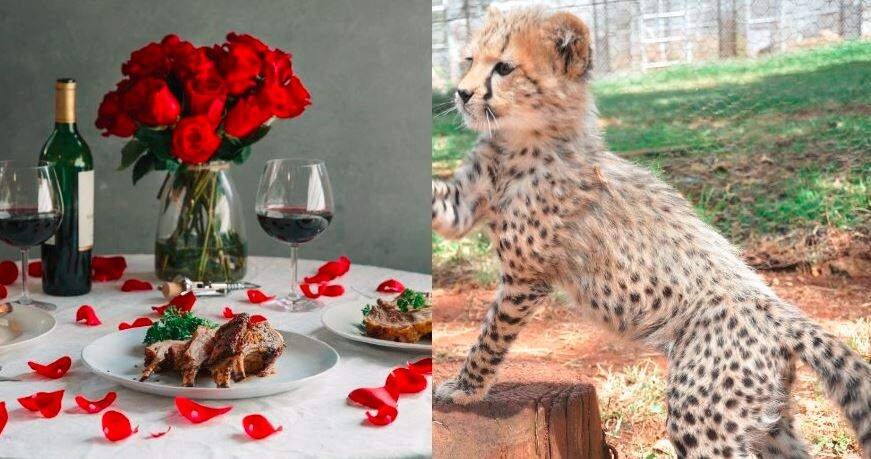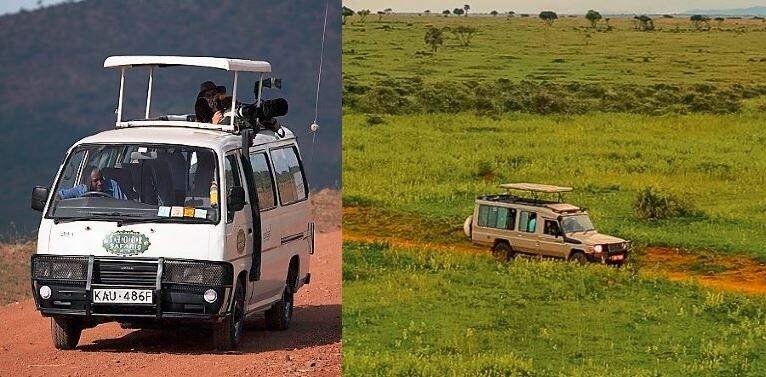The first holiday in Kenya is the New Year, which occurs on the 1st of January. Kenyans finalize their Christmas celebrations on this day. Everybody foregoes their sleep to welcome the New Year at midnight on the 31st of December.
Eating, drinking, and gathering with our loved ones are significant activities for the New Year. But how is New Year’s Day celebrated in Kenya? What things do people do differently? Read on to know nine things that the locals do to welcome the New Year.
How Is New Year’s Day Celebrated in Kenya?
Kenyans await the New Year Holiday with anticipation. After all, they can only experience it once every year. Also, Kenyans know January is a tough month due to school fees and other back-to-school expenditures.
So they indulge in fun activities, feasts, prayers, trips, and family parties with all their strength. The amount of money one has determines the plans they have for the New Year. However, Kenyans will habitually do the following nine things:
1. Midnight Ululation and Fireworks

December 31st is vital to Kenyans because it is the last day of the year. Everybody desires to witness the mighty shift of the years at midnight. A few minutes to midnight, Kenyans get out of their houses and head to the neighborhoods or streets.
When the clock ticks 12, you should hear ululations, whistling, shouting, screaming, and trumpeting everywhere. Then fireworks will follow, accompanied by screams of happy people.
Some Kenyans go to church, and others to clubs. Being outside the house to welcome the New Year is so crucial. Kenyans will send good wishes to friends and family via their phones shortly after the fireworks.
Find Out: How Is Christmas Celebrated In Kenya?
2. New Year Greetings
Kenyans everywhere wish their neighbors a new and prosperous year by saying “Happy New Year’ or ‘Sikuu ya Mwaka Mpya’ in Swahili. The person should respond by saying ‘Happy New Year’ to you.
Since Kenya has many tribes, every community has its own version of this greeting. However, we traditionally greet those we know and any strangers we meet.
The greetings continue throughout January and February when Valentine’s Day grabs our attention. It is okay to greet your colleagues and relatives the same way daily.
3. Feasting
Kenyans welcome the New Year Holiday by feasting. Most families start food preparations early in the morning. While the men slaughter the goats, the women make the ‘Chapati’ dough and ingredients for stews.
Young children go outside to play and make merry while occasionally checking in to see if mothers need help. The 1st of January is usually beautiful in Kenya because it brings families back together since Christmas Day.
Also Read: Special Foods Eaten On Christmas In Kenya
4. Going Out for Fun
How is New Year’s Day celebrated in Kenya outside homes?
Most people in rural areas will eat with their families before going out with friends. Often, men who drink grab the opportunity to taste the local alcoholic brews. Females and kids might go to church, visit others, and go home early to cook dinner.
Women in urban areas like Nairobi often take their kids to a play center for fun. Kids enjoy face painting and plenty of play on the bouncing castle, slides, etc. Females will hang around and sip a drink while chit-chatting with friends and strangers.
Some men will join friends in the bar or Nyama Choma zones. Still, families with enough finances will choose to fly to the Mara Reserve, a coastal destination, or even outside the country.
5. Shopping
Most shopping malls in cities and towns honor Kenyans by providing offers and discounts. Thus, many Kenyans will flock to the malls right before New Year’s Eve to take advantage of these promotions.
Additionally, arrange fun activities for shoppers, especially those with kids. Those with extra money grab the chance to have fun as they purchase foodstuffs and drinks to use in their celebrations.
6.Mbuzi Choma Parties

Kenyan families start the New Year with private gatherings and parties. The parties begin with delicious meals and drinks and proceed to the talks. Parties are often incomplete without ‘Mbuzi Nyama Chomas,’ as Kenyans low barbecued meat.
Where people cannot afford goat meat, they slaughter chickens. Later in the night, most families gather together to make plans for the year. One of the plans is usually about the next family get-together party.
7. Travelling
Kenyans who could not join their loved ones for Christmas celebrations travel to the rural areas on December 31st. Some people resume work on the 27th of December and break again on the 31st of December.
Some of them revisit the village to celebrate again with their families. Still, some Kenyans plan short getaways to local wildlife parks and resorts for fun. They pay for their catering and accommodation needs.
From the 2nd of January, most people start going back to various cities and towns. The rural people show their appreciation by filling sacks with food and jars with milk. Traffic jams are common on the roads, as masses travel back to their homes.
8. Making New Year’s Resolutions
Before we usher in the New Year in Kenya, we want to leave our failures and bad experiences with the previous year. The New Year should give us a new start and prosperity. Thus, it is our tradition to set resolutions for the New Year.
Usually, new resolutions are about the things that never came to be in the previous year. One can also add new desires and goals to the ones that failed in the past year. Setting resolutions is so essential in Kenya that even priests and pastors talk about it.
9. Resuming Work and School
Kids begin their December vacation toward the end of October. After celebrating the New Year with their loved ones, they must start inviting the school mood back. The long school holiday is about to end and every parent should get ready with school fees and supplies.
At the same time, parents should resume work to earn their January salaries. Those in businesses must reopen and welcome back their customers. Surprisingly, Kenyans continue to celebrate New Year’s Eve in the form of greetings. Everybody you meet will ask how you are doing in the New Year.







